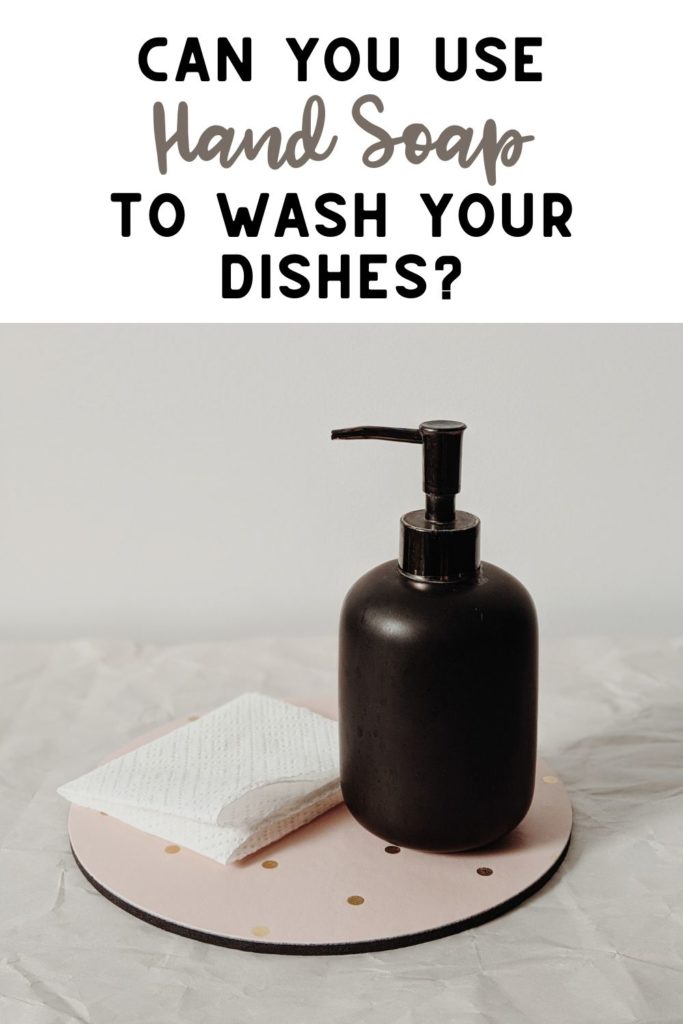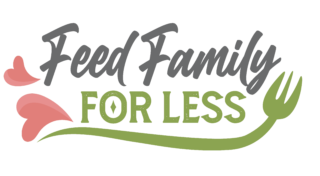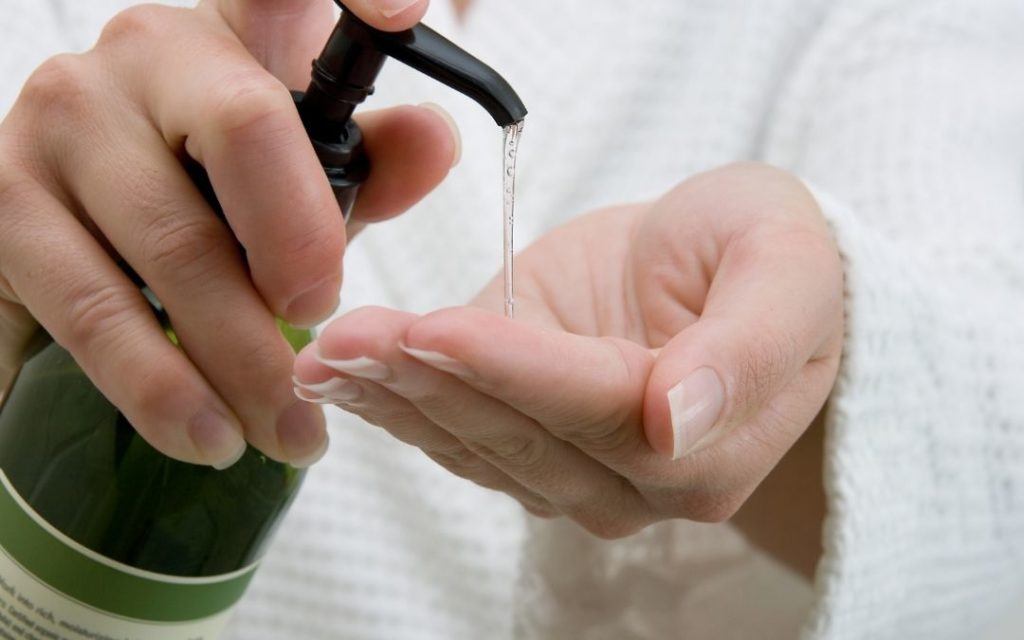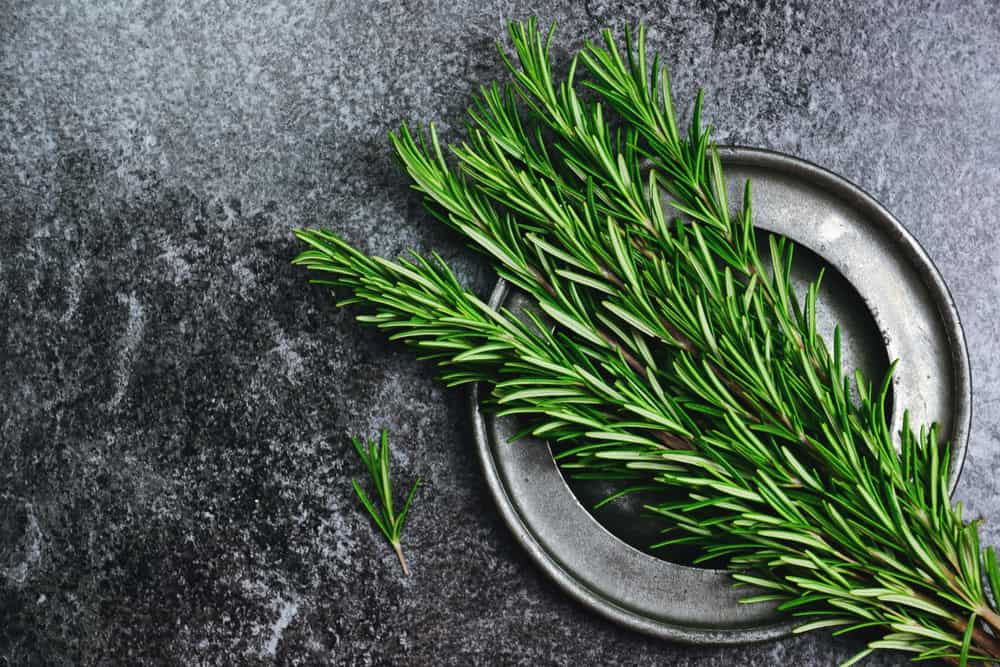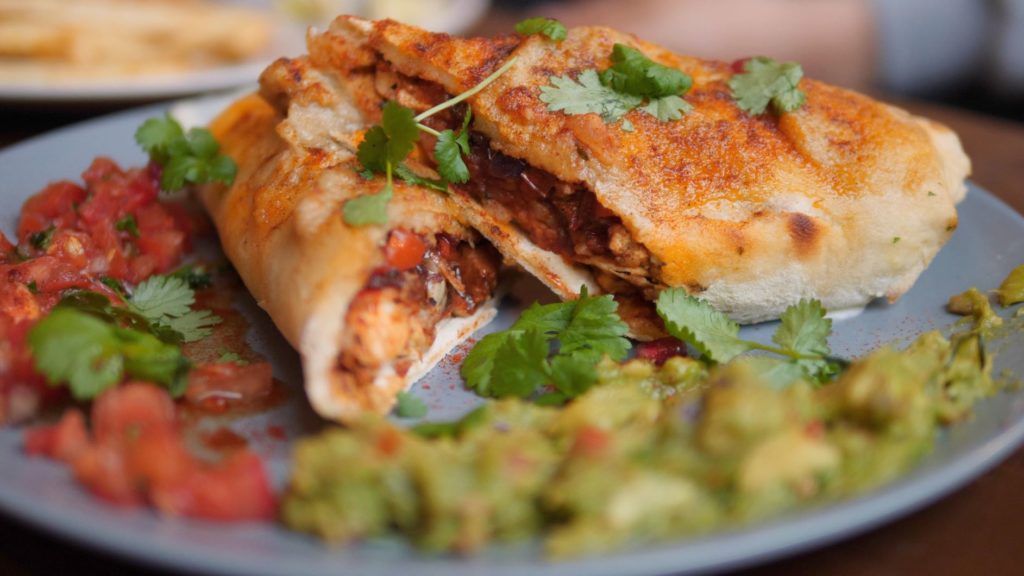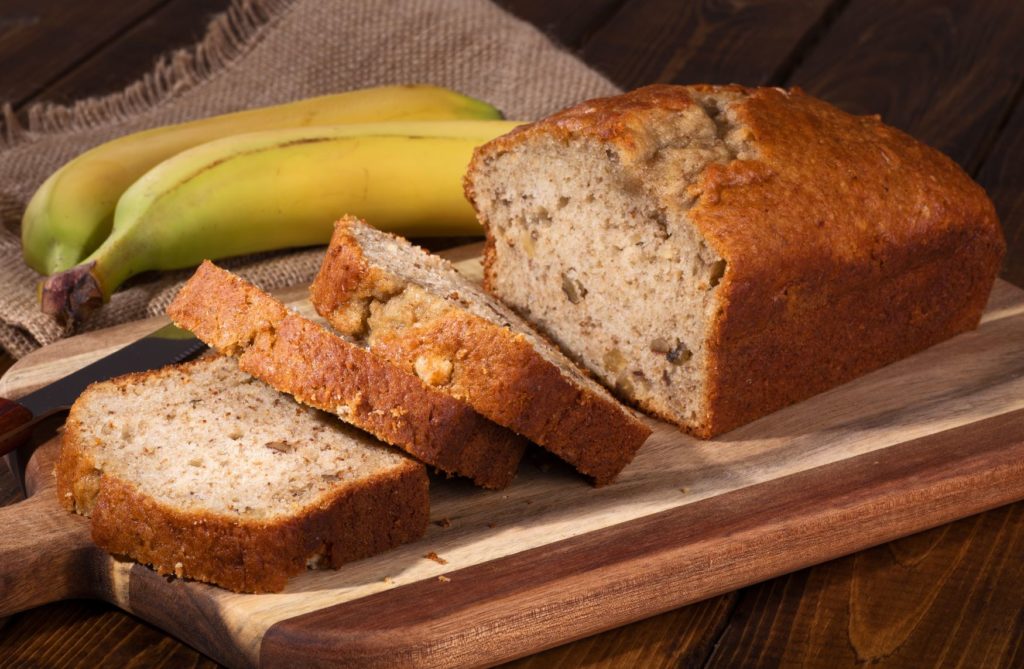Can you use hand soap to wash dishes? If you ask this question, then the chances are that you’ve run out of dish soap.
I’ll answer that question and more related questions in this post. Besides, we’ll discuss the substitutes of dish soap and whether or not they work.
In other words, this post will be packed with valuable information you are looking for. So if you want to know whether you can use hand soap to wash dishes, keep reading.
This post may contain affiliate links. Read my disclosure policy here.
Can You Use Hand Soap To Wash Dishes?
Yes, you can wash your dishes using hand soap, but experts have different opinions regarding this question.
According to Lily Cameron, a cleaning expert at Fantastic Services, most hand soaps are detergents. She says that most hand soaps have antibacterial and ingredients, making them safe for washing your dishes.
According to Lily Cameron, hand soap is milder than dish soap, dissolves easier and foam better in dishwater. Besides, hand soap contains glycerin, making it gentler on your skin as you wash your dishes.
However, some experts still insist that you need to exercise a bit of caution when using hand soap on your dishes. According to Jennifer Gregory, a Molly Maid manager, many of these hand soaps include additives, which may not be food-safe.
That said, you need to be cautious when you are going to use hand soap if you run out of dish soap. Because the additives in hand soap are mild, be diligent about rinsing your dishes with hand soap. The best precautionary measure is to rinse severally.
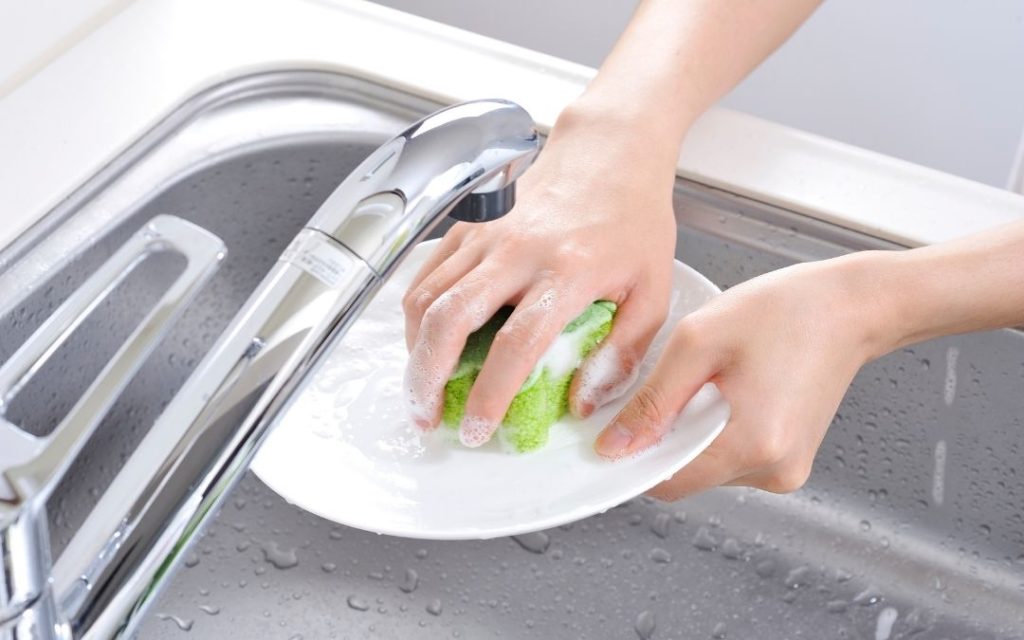
What Happens If You Wash Dishes With Hand Soap?
When you use hand soap to wash your dishes, there are chances of chemical traces, and these chemicals could end up in your body when you ingest the food on your plate.
Besides, most hand soaps contain additives that may not be food-safe. This is why you’ll need to rinse your dishes severally to prevent the build-up of these additives.
You’ve used hand soap severally—after coming from the bathroom or after going out interacting with many.
However, most of us do not contemplate the ingredients used to manufacture these hand soaps we purchase from the local stores or supermarkets.
If you are keen to check on the labels, you’ll realize that many ingredients are involved in the manufacturer of the hand wash you have.
They could range from ammonium lauryl sulfate to olive oil extracts. In most cases, the hand soaps you purchase will have antifungal and antibacterial properties.
And the reason why most manufacturers include antiseptic or antibacterial properties is that they formulate the soap using chemicals like triclosan.
In a 2016 study by the FDA to investigate the effects of antibacterial soap, FDA discovered that some chemicals used in soap have adverse effects on people’s health.
Other studies have also shown that triclosan affects how the hormones of the body work. While there are no concrete proofs, using triclosan has been found to have some consequences.
What Can I Use If I Run Out of Dish Soap?
Sure, you can run out of your dish soap and you might be tempted to find a substitute—at least so that you can wash your dishes.
You can still find some alternatives to use immediately as you organize yourself to purchase a new dish soap. Below are some other options to dish soap:
1. Baking soda
Baking soda, in most cases, doesn’t miss in any house—you can do nearly everything using baking soda, including washing your utensils.
Form baking soda paste by mixing a bit of it with water in a bowl. Apply the paste to your dishes as you wash them. Rinse with clean running water once you have washed them.
2. Baking Soda and Vinegar Mix
This method still involves baking soda, but you’ll have to mix it with vinegar. The advantage of this is that it forms a more robust homemade solution to help you wash your dishes.
If you still had a bit of your dish soap left in the bottle, you can mix it with the baking soda and vinegar mixture you have prepared.
3. Shampoo
Shampoo or even body wash will still be suitable for washing your dishes. The only downside is that the shampoo or body wash might be strongly scented. To avoid the scent transferring to your dishes rinses your dishes properly with hot water after washing with shampoo.
4. Washing Powder
Yes, in some cases, the washing powder you use in your clothes might as well serve you with your dishes. To use this method, you’ll need to mix the washing powder with some water and form a paste you can apply to the dishes as you wash them.
5. Borax
Sodium borate, also known as Borax, is one of the ingredients almost every home will have. If you have some Borax at home, you’ll not need to fret if you run out of dish soap because it can still serve you with washing your dishes.
6. Bath Soap
Bath soap could also help you wash your dishes, but it would be best to grate your bar soap before using it to wash your dishes.
Can You Use Laundry Detergent to Wash Dishes?
Yes, you can use laundry detergents to wash your dishes. However, you’ll need to rinse the dishes properly once you have washed them with laundry detergents because they contain potent chemicals, which might be harmful to your health.
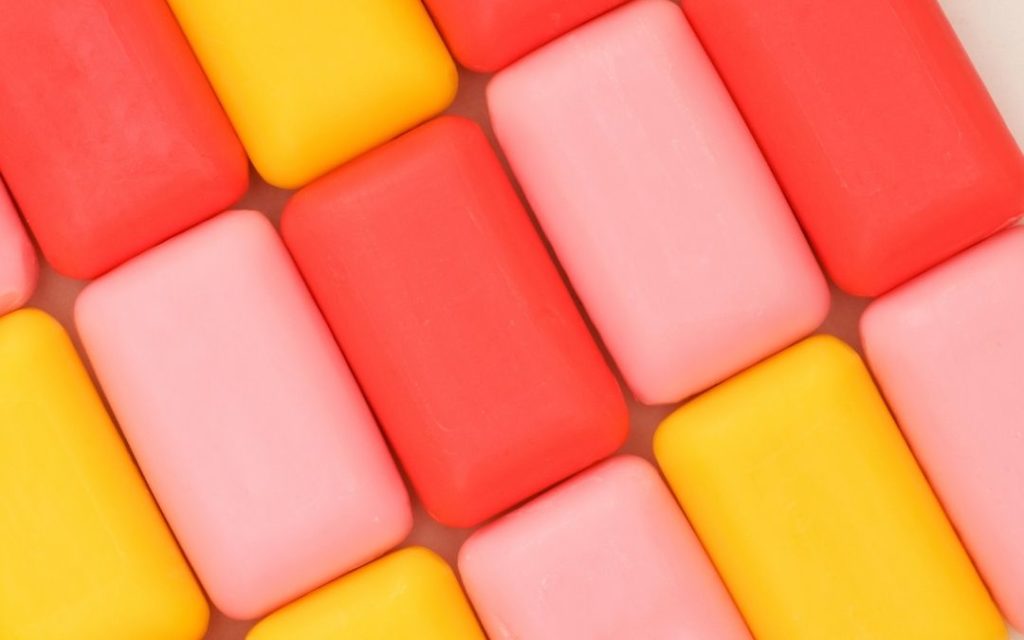
Can You Use Bar Soap to Wash Dishes?
Yes, you can use bar soap to wash your dishes. However, you’ll need to take more precautions by rinsing your dishes properly once you have washed your dishes with bar soap.
While using bar soap is an excellent alternative to dish soap, it won’t be as effective as dish soap because dish soaps are usually formulated to remove grease and oils when washing.
Besides, using bar soap to wash your dishes is challenging. It will be time-consuming to foam, especially when you need to wash many dishes.
What Do You Do If You Put Hand Soap in the Dishwasher?
1. Turn the Machine Off
In case you used hand soap in your dishwasher when you didn’t intend to, the first action you need to take is to turn off the machine immediately.
You might be lucky that the suds have not overflown, but the bottom line is to cancel the wash cycle as soon as you realize that. In other words, the sooner you turn off your dishwasher, the higher chances you’ll be keeping suds from overflowing.
Once you have canceled your washing cycle, the dishwasher will begin draining. It’s important to understand that the dishwasher won’t remove everything but will help anyway.
2. Clean Right Away
If you did not manage to turn off the machine immediately, you realized hand wash had gone into your dishwasher; you’ll need to do some cleaning.
You need to start cleaning immediately because if you let the water sit, the chances are that it’ll begin seeping into your floorboards or cabinetry.
Besides, you might also want to clean up the surface using a mop. And because it is a soap and water mixture, just using a dry mop won’t do much—maybe try a damp piece of cloth.
3. Take Out Your Dishes
You might have some sopping to do before you can go out to clear the drains and the pipes. Please open your dishwasher after it’s done draining, then take out the dishes remaining in it and transfer them into your sink.
You need to rinse your dishes with running clean water to remove any residue that might have formed on the plates due to the overflow. You may also need to consider washing the dishes using your hand to remove any residues formed on the dishes.
4. Finalize on Clearing the Dishwasher
This might be the most labor-intensive stage, but it will help to do it anyway. You will have to clean and rinse the whole dishwasher. Please take care not to leave out any suds and soap scum as you wash the inside of your dishwasher.
Keep rinsing the dishwasher until the bubbles disappear. Once you have rinsed until you are satisfied that your dishwasher is clean again, take a clean towel and dry out the dishwasher. You may want to remove the drawers to give you more flexibility in drying them out.
5. Now, Turn On the Rinse Cycle
You’ll now need to turn on the rinse cycle once more, but note that you won’t have to do a complete cycle—you just need to do it for about five minutes.
The five-minute cycle should be enough to let you know if there are still suds, and if still there, the rinse cycle should be enough to wash out the remaining suds or residues.
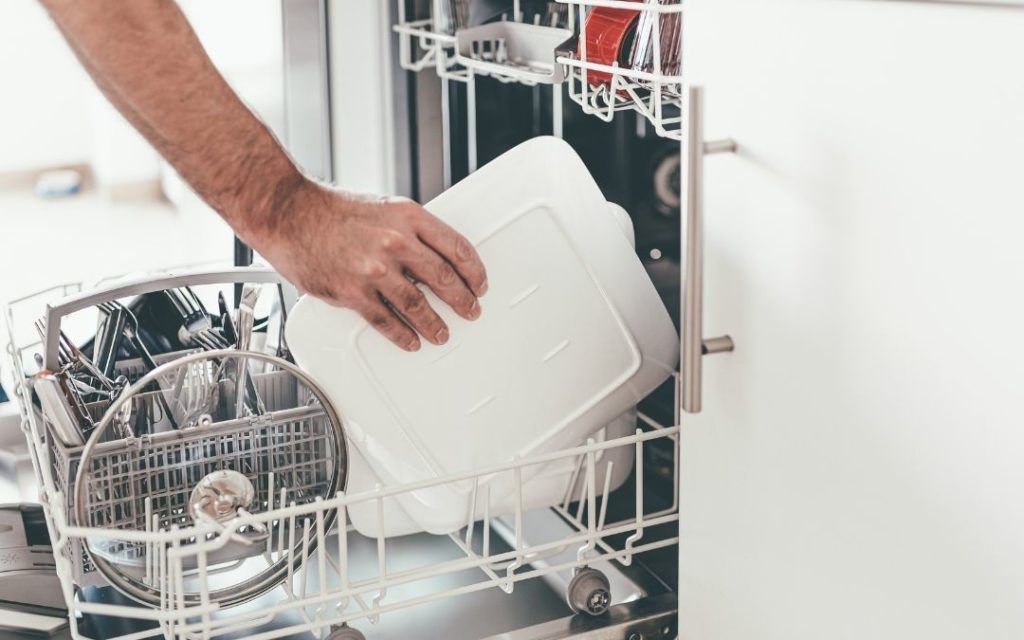
Related Questions
1. Can I Use Dawn Hand Soap to Wash Dishes?
Yes, you can use Dawn hand soap to wash dishes because it is specifically designed to wash dishes while killing bacteria when using it on your hands.
Besides, it has antibacterial properties, which are suitable for washing hands, but not on dishes. You’ll, therefore, have to rinse your dishes properly with clean running water.
2. Is Antibacterial Dish Soap the Same As Hand Soap?
Yes, antibacterial dish soap is the same as a hand soap because both are intended for the same purpose—to clean. Both will get the job done, but dish soap might not be friendly with your skin, so don’t use it on your skin.
3. What Is the Most Hygienic Way to Wash Dishes?
The most hygienic way to wash your dishes is to sanitize them by running them through your dishwasher. And because a dishwasher cycles hot heat and hot water while cleaning your dishes, rest assured that your dishes will be clean again.
Bottom Line
Back to the question—can you use hand soap to wash dishes—yes, you can, but make sure you have rinsed the dishes properly after washing them with hand soap. This is because hand soap includes additives that may not be food-safe.
If you have any questions or would love to share your experience washing your dishes using any dish soap alternatives, please leave a comment below. Your experience will be a learning resource to many.
